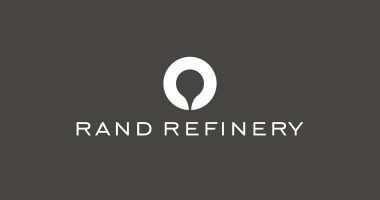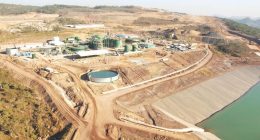Senegal’s extractive industries generated CFA236.59 billion (around $391.49 million) in the first half of 2024, according to a newly released report from the country’s Extractive Industries Transparency Initiative National Committee (CN-ITIE). The mining industry was the driving force behind this performance, contributing nearly 80% of total earnings and making phosphoric acid and gold the top export commodities.
The mid-year reconciliation report, which provides a detailed overview of the sector’s financial and operational performance, shows that of the total revenue generated, CFA225.49 billion was channelled directly into the state budget. The report includes both mandatory financial contributions and social and environmental payments made by extractive companies.
Mining contributed CFA187.35 billion—equivalent to 79.19% of the total revenue. This amount already represents over half of the sector’s total revenue for the entire previous year, indicating a strong growth trend. Hydrocarbons brought in CFA45.79 billion (19.36% of total revenues), a significant rise from the CFA30.65 billion generated in all of 2023. The increase was largely due to one-off payments by Woodside Energy Senegal, including CFA3 billion following a customs audit and CFA21.75 billion in import duties.
Gold was the highest revenue earner in the mining segment, with production reaching 106,579 troy ounces valued at CFA154.46 billion. Cement production followed at 2.52 million tonnes (CFA120.56 billion). Other key contributors included phosphoric acid (240,475 tonnes, CFA85.15 billion), clinker, ilmenite, and phosphate. In the oil and gas sector, production centred on natural gas extracted from the Gadiaga/Sadiartou region, with a volume of over 1.52 million normal cubic metres worth CFA251.71 million.

Export earnings from the extractive sector stood at CFA468.42 billion ($775.12 million). Phosphoric acid topped the export list, generating CFA140.72 billion from 242,468 tonnes. Gold followed closely, earning CFA137.22 billion from 102,925 ounces, while cement exports brought in CFA54.70 billion from 1.13 million tonnes.
The report also highlighted employment figures: 11 of 26 reporting companies collectively employed 1,773 people during the first half of the year, with Senegalese nationals accounting for 92% of the workforce. Total payroll costs were CFA19.78 billion, most of which came from the mining sector.
In terms of social contributions, extractive firms spent CFA2.57 billion, including CFA1.77 billion in mandatory contributions and CFA797 million in voluntary support. Sabodala Gold Operations (SGO) led with CFA906.94 million, funding projects such as local road construction and community development. Education was the largest beneficiary, receiving over 32% of mandatory social spending.
Environmental expenditures were also notable, with deferred costs reaching CFA972.10 million—primarily from Senegal Chemical Industries (ICS), which paid CFA880.32 million in compensation for village resettlement related to mining. Additionally, extractive companies paid CFA173.62 million in environmental taxes, with Grande Côte Operations and SOCOCIM among the top contributors.
The report further revealed that 39.64% of the sector’s total procurement, amounting to CFA342 billion out of CFA862.82 billion in transactions, went to domestic suppliers. Mining-related local purchases totalled CFA193.90 billion, led by SOCOCIM, SGO, and ICS, while the hydrocarbons sector accounted for CFA148.10 billion, with Woodside Energy Senegal being the biggest spender locally.
The CN-ITIE said the biannual report underscores its ongoing commitment to transparency and public accountability, in line with global standards set by the Extractive Industries Transparency Initiative.













